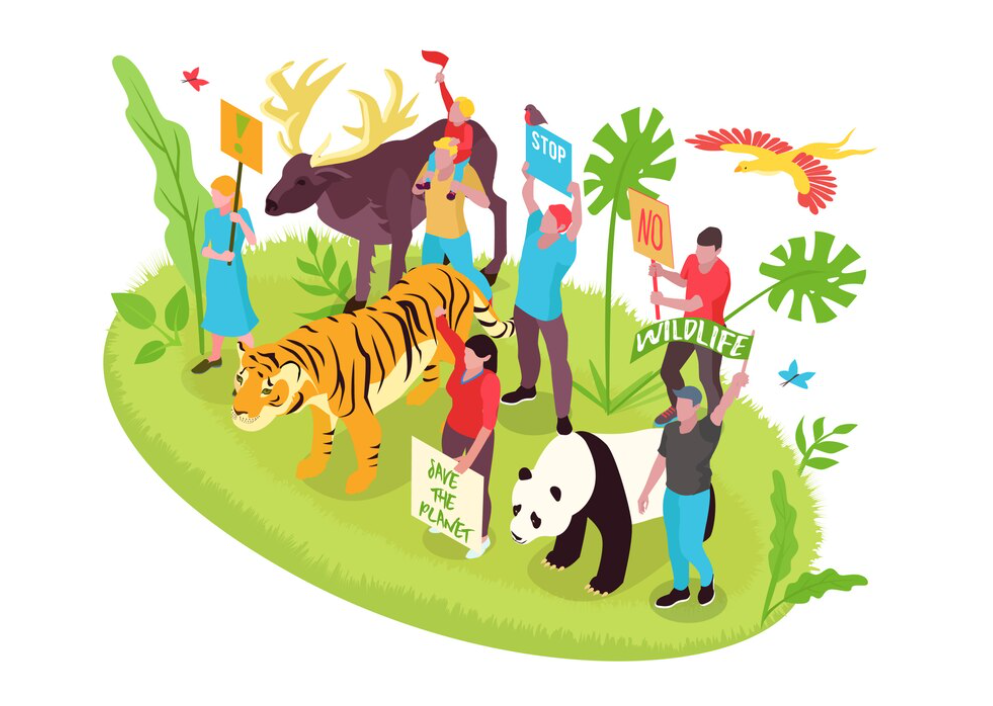The sources of information we use are mentioned below, and we get a thorough understanding of articles from both online and offline sources.
1. Books and journals
Academic journals and books have traditionally been considered reliable sources of knowledge. They are authored by professionals in their domains and go through a strict editing procedure. Books and journals may provide insightful analysis and a strong foundation of knowledge while undertaking research or seeking in-depth expertise.
1: 5,000 Awesome Facts About Animals
2: Animals Around Us
3: Marine Animals
4: Amazing Animals
5: Animals Encyclopedia
2. Educational Institutions
Universities, colleges, and other educational establishments are great places to get knowledge. They provide an abundance of information in a wide range of fields via their websites, research papers, and online libraries. Additionally, a lot of academic organizations make their research freely accessible so that everyone can take advantage of what they have discovered.
1: https://www.nature.com/subjects/zoology
2: https://www.scientificamerican.com/animals/
3: https://nationalzoo.si.edu/animals
4: https://www.cam.ac.uk/research/research-at-cambridge/animal-research
5: https://www.columbia.k12.oh.us/AnimalResearchReport.aspx
3. Internet Communities and Forums
Online groups and forums may be excellent resources for information, particularly when looking for first-hand accounts or viewpoints. It’s crucial to use care while using these sources, however, since the data they provide may not always be accurate or trustworthy. It is recommended that information be confirmed by additional sources.
1: https://www.nationalgeographic.com/animals/
2: https://www.petaindia.com/
3: https://www.worldwildlife.org/
4: https://www.four-paws.org/
5: https://wwf.org.au/
4. Social media
Although social media platforms have gained popularity as information providers, they also present some inherent difficulties. Social media may provide a variety of viewpoints and real-time updates, but it’s important to assess the material presented cautiously. When utilizing social media as a source of information, it is crucial to verify sources, do fact checks, and be conscious of any possible biases.
1: https://www.facebook.com/natgeo
2: https://www.facebook.com/natgeowild
3: https://in.pinterest.com/DiscoverAnimal/
4: https://in.pinterest.com/animaljungle/
5: https://www.instagram.com/explore/tags/animals/
It is our duty as information consumers to use discernment and critical thinking. We can make sure the information we ingest is correct, dependable, and trustworthy by using a range of trustworthy sources, fact-checking, and cross-referencing data.
